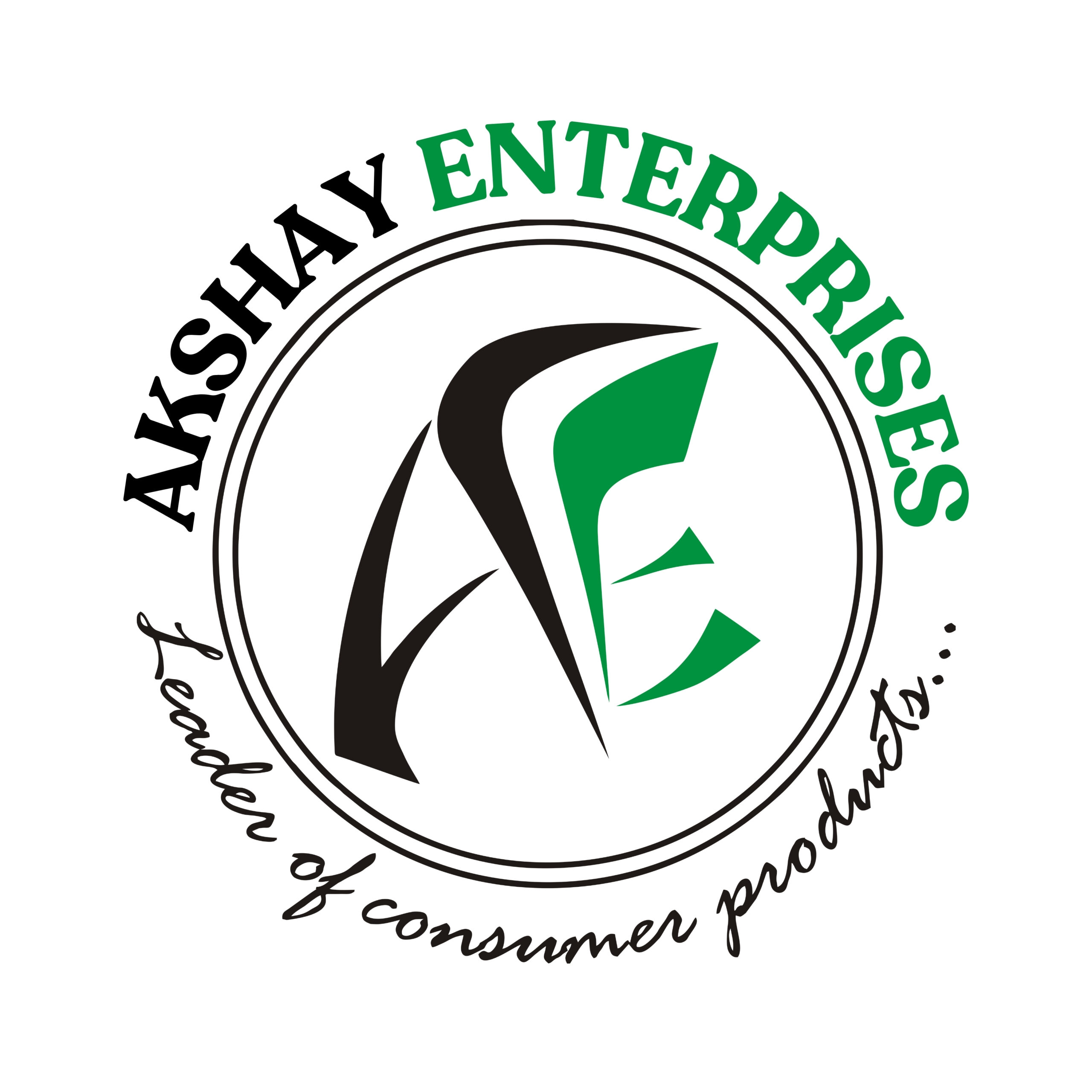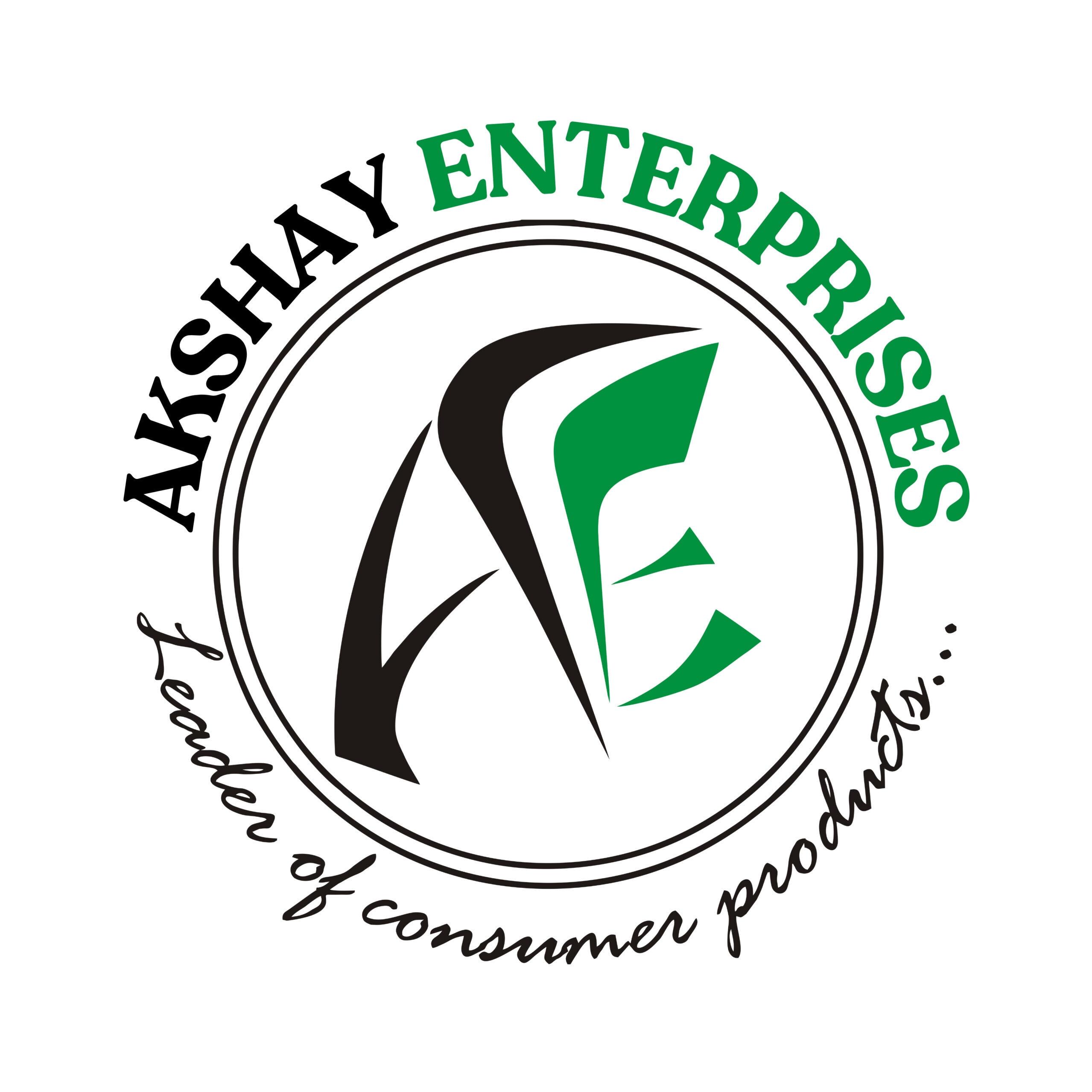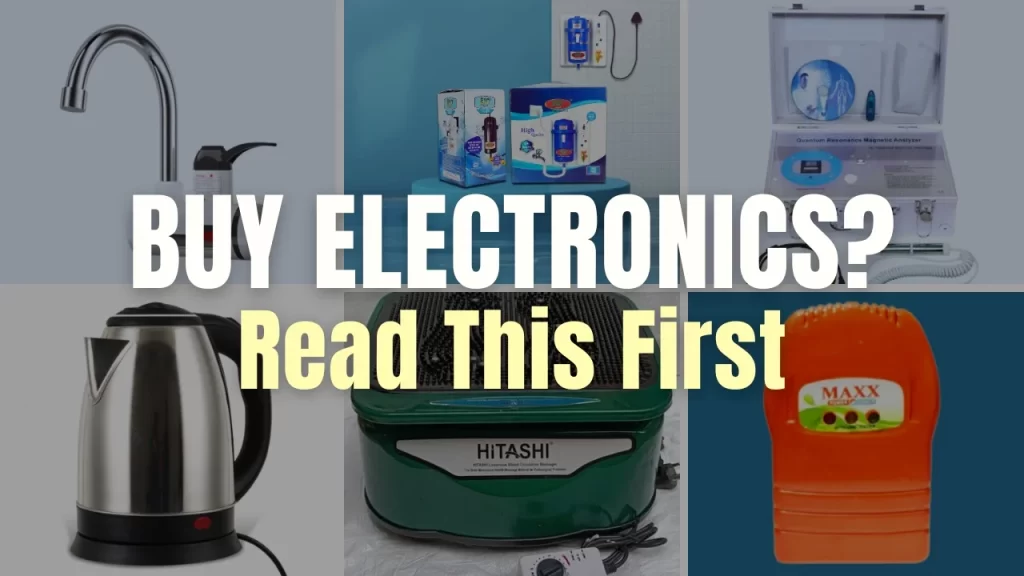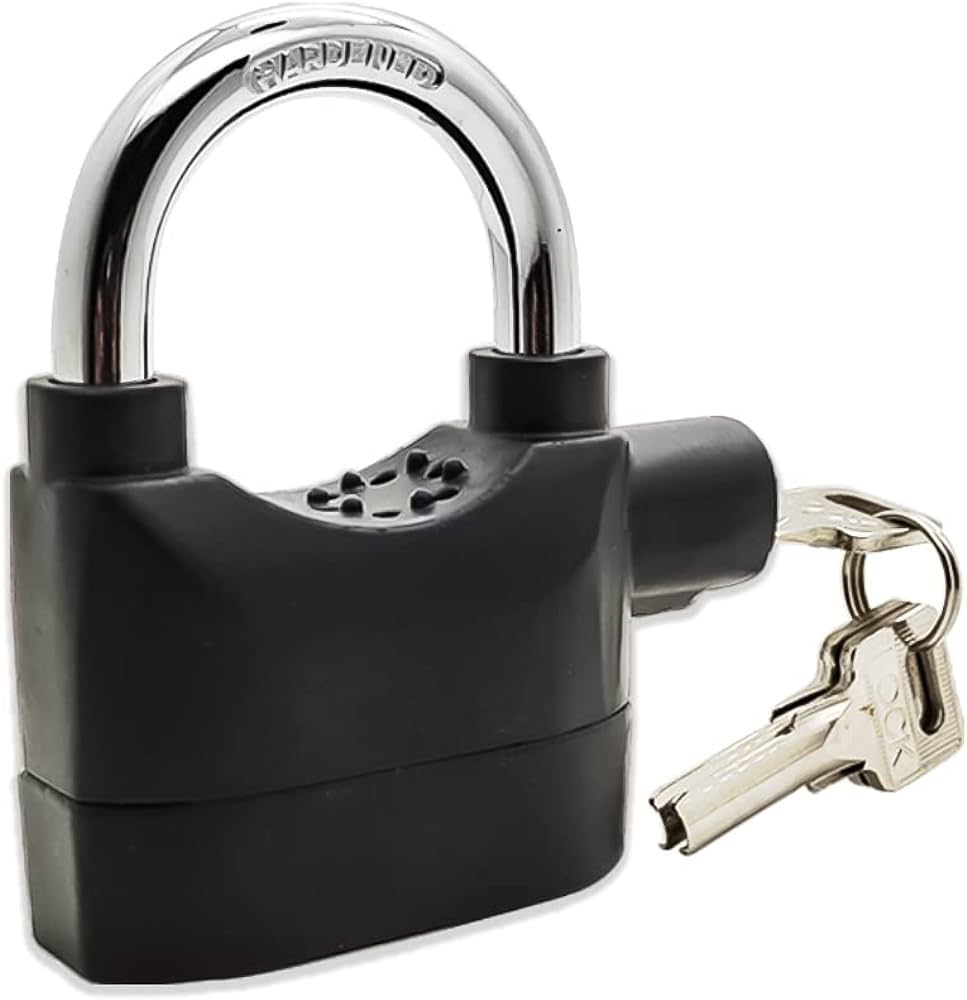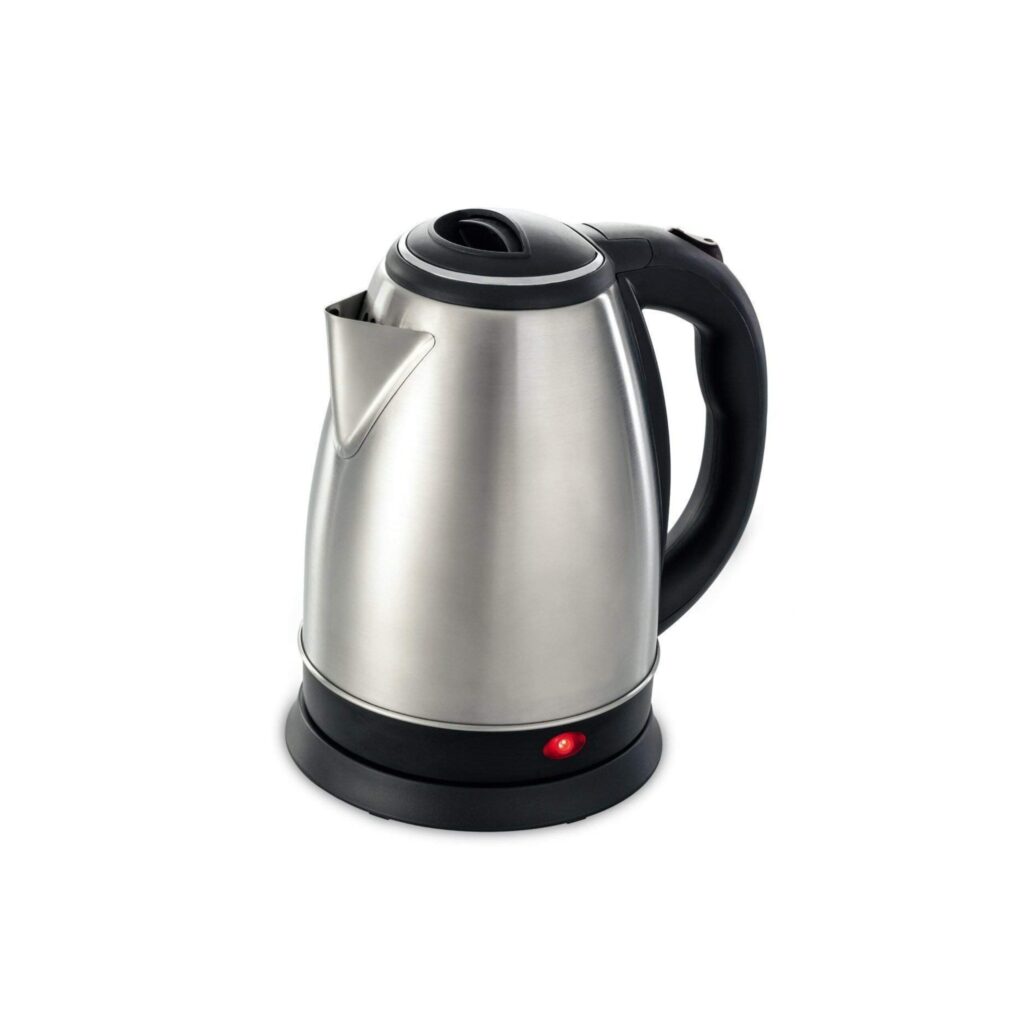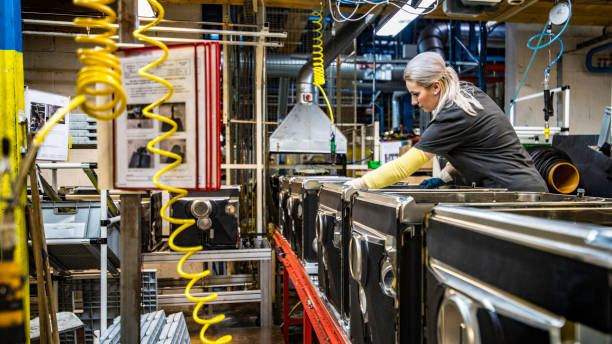In today’s fast-paced electronics market, businesses and retailers often prioritize cost and quantity when sourcing bulk electronic products. However, one crucial factor that must never be overlooked is product certification. Whether you’re buying electronic appliances for resale, distribution, or institutional use, quality certifications serve as proof of safety, performance, and regulatory compliance.
For wholesalers and retailers, understanding and verifying certifications isn’t just a formality — it’s a key safeguard against faulty products, legal complications, and dissatisfied customers. This blog explores the key certifications required for electronic products, their importance, and how to identify trusted certified electronic suppliers in India.
Electronic Products for Wholesalers & Distributors
What Is a Product Certification for Electrical Appliances?
Product certifications are official recognitions issued by governing bodies that confirm an item meets specific standards for safety, performance, and environmental impact. In the case of electronic and electrical appliances, these certifications protect not only end users but also businesses from risk.
Why Are Certifications Necessary?
In today’s competitive and quality-conscious market, certifications are not just a formality—they are a critical benchmark of product safety, reliability, and credibility. Whether you’re a manufacturer, importer, distributor, or consumer, understanding the importance of product certification helps ensure safer usage, legal compliance, and stronger market presence. Here’s a breakdown of why certifications matter:
1. Safety Assurance
Preventing Hazards Before They Happen
Certified products are rigorously tested for safety risks, such as:
- Short circuits
- Overheating
- Fire hazards
- Electric shocks
These risks can cause severe injury, damage to property, or even fatalities. Certification bodies test products under various stress conditions to ensure they function safely within specified parameters.
For instance, in the case of electronic appliances, a BIS (Bureau of Indian Standards) or CE certification confirms that the device is engineered with appropriate insulation, grounding, circuit protection, and temperature control mechanisms.
Bottom line: Certified products reduce the risk of accidents—protecting both people and property.
2. Regulatory Compliance
Meeting Legal and Industry Standards
Every country and region has its own set of regulations regarding electrical and electronic products. Certifications ensure a product is compliant with:
- Domestic manufacturing laws
- International export/import guidelines
- Environmental directives (like RoHS, WEEE)
- Electromagnetic compatibility (EMC) standards
For example, without the necessary certifications (such as BIS in India or UL in the USA), a company cannot legally sell or distribute certain categories of products in those markets.
Certification = Gate Pass to legal markets and regulatory approvals.
3. Performance Standards
Ensuring Functional Reliability
Certifications validate that a product:
- Performs consistently under normal usage conditions
- Meets advertised technical specifications
- Is built to last within defined lifespan expectations
From voltage fluctuations to temperature variations, certified devices are tested in real-life scenarios. This means consumers and businesses can rely on these products for long-term use without frequent breakdowns or unexpected failures.
Assurance of quality = Better user experience and fewer returns.
4. Consumer Confidence
Building Trust & Brand Loyalty
In a market flooded with options, certifications act as a trust badge. They tell consumers:
- “This product has been independently tested.”
- “It meets global safety and quality benchmarks.”
- “You can trust this brand.”
In fact, many B2B buyers and retail chains only source certified products, because it reduces liability and ensures consistent product quality.
Certified products lead to:
- Better customer satisfaction
- Higher brand reputation
- Stronger competitive edge

Key Quality Certifications to Look for When Buying Bulk Electronics
1. BIS Certification (India)
Issuing Body: Bureau of Indian Standards
Applicable To: Electrical appliances, LED lights, mobile phones, power banks, and more.
BIS certification is mandatory for many electronic goods sold in India under the Compulsory Registration Scheme (CRS). Products that carry the ISI mark or CRS logo confirm adherence to Indian safety standards.
Examples:
- Certified: A power bank with BIS CRS approval, meeting safety voltage and charging benchmarks.
- Non-Certified: A cheap power bank with no label — potentially hazardous, often illegal for sale.
2. CE Marking (European Conformity)
Issuing Body: European Union (EU)
Applicable To: Products exported to or sold in the EU region
CE marking proves that the product complies with European health, safety, and environmental protection standards. It’s especially important if your bulk purchases involve export to Europe or if you want international-standard assurance.
3. ISO Certifications
Issuing Body: International Organization for Standardization
Applicable To: Manufacturing processes, product quality, and safety systems.
Some key ISO certifications include:
- ISO 9001: Quality Management
- ISO 14001: Environmental Management
- ISO 45001: Occupational Health and Safety
While ISO certifications do not apply to individual products, they signify the credibility and reliability of the manufacturer — which is critical when buying in bulk.
4. RoHS (Restriction of Hazardous Substances)
Issuing Body: European Union
Applicable To: Electronic components like circuit boards, cables, batteries
RoHS restricts the use of specific hazardous materials in electrical products. It’s vital for businesses concerned with eco-compliance and long-term sustainability.
5. FCC Certification (USA)
Issuing Body: Federal Communications Commission
Applicable To: Electronic products that emit radio frequency, like routers, smart devices, and Bluetooth-enabled gadgets.
While not required in India, FCC certification ensures that your imported devices won’t interfere with other electronics and follow international safety protocols.
How to Verify Product Certification – A Practical Guide
1. Check the Label or Marking
Most certifications are displayed on the product itself or its packaging. Look for logos like BIS ISI, CE, or RoHS, along with registration numbers.
2. Ask for the Certificate
Request the original or digital copy of the certificate from the supplier. It should contain:
- Certification body
- Date of issue and expiry
- Product model number
- Manufacturer’s name and address
3. Cross-Check with Official Databases
You can verify certification details through:
- BIS CRS Portal
- CE Verification Tools
- ISO Certification Lookup
- FCC ID Search Tool
4. Review Third-Party Lab Reports
If a supplier offers lab test reports or third-party assessments, verify the testing agency’s credibility. Reputed labs include UL (Underwriters Laboratories), Intertek, and TUV Rheinland.
Risks of Buying Non-Certified Electronics in Bulk
1. Legal Trouble and Customs Seizures
Importing or selling electronic products that lack proper certification can land your business in serious legal trouble. Most countries have strict regulations for consumer electronics to ensure safety and quality compliance. Products without certifications like BIS (India), CE (Europe), or FCC (USA) are often flagged at customs.
- Seizure of Goods: Customs authorities can seize or detain non-compliant shipments, leading to heavy financial losses.
- Fines and Penalties: Violations may incur substantial fines or legal proceedings.
- Business License Suspension: In severe cases, repeated violations can result in the revocation of your import/export license or trading permissions.
Tip: Always verify certifications and ask for test reports before finalizing bulk purchases.
2. Product Failures and Safety Hazards
Non-certified electronics often bypass essential safety and quality checks during manufacturing. This can lead to a wide range of product issues:
- Fire Hazards: Overheating, short circuits, or substandard batteries can cause fires or electrical damage.
- Data Loss: In tech devices like storage units or chargers, low-grade components can lead to system crashes and data corruption.
- Injury Risks: Poor insulation, improper voltage management, and cheap wiring can cause electric shocks or even fatal accidents.
These issues don’t just pose a physical danger—they can also result in costly recalls, lawsuits, and irreversible damage to your brand.
3. Warranty and After-Sales Issues
One of the biggest drawbacks of non-certified electronics is the absence of reliable warranty or after-sales service. Many bulk buyers face the following challenges:
- No Manufacturer Warranty: Most uncertified products are manufactured by anonymous or untraceable entities.
- No Service Network: If a product malfunctions, there’s often no support or repair options available.
- Loss of Investment: Faulty goods become dead inventory, increasing your costs and reducing profitability.
In contrast, certified electronics usually come with guaranteed service support and better customer assurance.
4. Negative Brand Perception
In today’s competitive marketplace, brand reputation is everything. Selling substandard, uncertified products can lead to:
- Loss of Customer Trust: Consumers today are well-informed. A single faulty device can result in negative reviews and returns.
- Reduced Repeat Business: Buyers who face issues won’t return—and they’ll likely warn others.
- Brand Damage in B2B Networks: Retailers and business partners may hesitate to associate with unreliable suppliers, affecting long-term collaborations.
For startups or growing distributors, reputation loss can be especially hard to recover from.
What Makes a Trusted Certified Electronics Supplier?
In a world increasingly reliant on electronics and home appliances, the demand for safe, certified, and reliable products has never been higher. Whether it’s LED lights, chargers, smart gadgets, or power strips, businesses — especially retailers and distributors — must ensure they source products that meet both regulatory standards and customer expectations.
Drawing from the insights of experienced industry leaders, this article explores what distinguishes a truly trusted certified electronics supplier, and why compliance, documentation, and consistency are vital in the wholesale electronics space.
Why Certification Matters in Electronics Procurement?
In bulk buying, especially in the electronics segment, the risk of counterfeit or substandard goods is a persistent concern. Products that fail to meet safety and quality standards not only tarnish the buyer’s brand reputation but can also lead to legal liabilities, customer dissatisfaction, and in some cases, dangerous malfunctions.
From the lens of an accomplished businessman with years of sourcing experience, one key principle stands out:
Never compromise on certification, even if it means paying a premium.
Certified products serve as a guarantee — to buyers and end-users alike — that the product has been tested, approved, and manufactured under compliant conditions.
1. Certified Products: The Foundation of Trust
A reliable electronics supplier should offer products that meet the highest quality benchmarks. This includes:
BIS Certification (India)
Bureau of Indian Standards (BIS) certification is mandatory for many electronics under India’s regulatory framework. It confirms that the product meets Indian safety and performance standards.
CE Marking (European Union)
For exporters, CE marking ensures that the product complies with EU health, safety, and environmental protection directives. It’s a gateway to entering the European market legally and responsibly.
RoHS Compliance
Restriction of Hazardous Substances (RoHS) is crucial for eco-safety. RoHS-compliant products restrict the use of specific hazardous materials like lead, mercury, and cadmium — essential for businesses promoting sustainable practices.
Independent Lab Test Reports
A trusted supplier does not just rely on self-certification. Their products come with verified test reports from accredited laboratories that validate compliance with electrical safety, durability, and environmental standards.
These certifications build the groundwork for credibility and long-term buyer relationships.
2. Transparent Documentation: No Guesswork, No Gaps
For serious retailers and distributors, purchasing decisions rely heavily on documentation. A dependable supplier will always provide:
- Copies of all certifications (BIS, CE, RoHS, etc.)
- Lab test results from recognized institutions
- Detailed user manuals and safety guidelines
- Complete technical specifications including voltage ratings, wattage, and operational limits
A seasoned business professional knows that transparency in documentation reduces post-sale friction, simplifies the onboarding of new products, and makes import/export processes smoother.
Moreover, it enables end-users to better understand and trust the products they’re purchasing — particularly important in categories like smart devices or electrical safety equipment, where misuse could result in safety hazards.
3. Serving Retailers and Distributors with Bulk Confidence
In wholesale electronics, the supplier must do more than just deliver boxes. They must be a logistical and operational partner who understands the unique challenges of bulk procurement.
An ideal certified electronics supplier will offer:
Bulk Pricing Options
Competitive and tiered pricing that rewards volume purchases, while maintaining quality consistency across batches.
Rigorous Quality Control
Every unit — whether it’s the first or the thousandth — should undergo consistent quality checks, ensuring minimal returns and a strong end-user experience.
On-Time Delivery
Timeliness is key in wholesale distribution. Delays can disrupt retail cycles, affect seasonal sales, and damage customer relationships. Trusted suppliers respect timelines and build logistics around customer needs.
After-Sales Support
Whether it’s clarifying a technical specification, handling returns, or providing spare parts — a quality supplier stays engaged after the invoice is issued.
This level of service reflects a mature supplier who sees beyond transactions — building partnerships instead of one-time deals.
Certified vs. Non-Certified Products – A Quick Comparison
| Feature | Certified Product | Non-Certified Product |
| Safety Assurance | Yes – Verified by testing | No – Potential fire or shock hazard |
| Legal Compliance | Meets Indian laws (BIS, CRS) | Likely illegal for sale |
| Customer Confidence | High – Boosts brand trust | Low – Risk of returns & complaints |
| Warranty and Support | Provided by manufacturer or distributor | Usually missing |
| International Trade Ready | Eligible for export | Not accepted in global markets |
| Price | Slightly higher, but cost-effective long-term | Cheaper upfront, but risky investment |
Tips for Buying Certified Electronics in Bulk – The Smart Way
1. Shortlist Reputed Suppliers
Prefer vendors with a track record of compliance and industry recognition. Request client testimonials or trade references.
2. Verify Every Batch
Even reliable suppliers should re-certify products periodically, especially if they change components or manufacturing processes.
3. Request Samples
Before placing a large order, test product samples for:
- Build quality
- Functionality
- Certification labels
4. Understand Product Categories
Know which products require mandatory vs. voluntary certifications based on your target market and usage.
Certified Electronics Mean Smart Business
In the fast-moving world of electronics, quality assurance can make or break your business. Whether you’re a retailer, distributor, or procurement head, understanding product certifications is essential to make safe, legal, and profitable choices. Always prioritize safety, compliance, and trust over price alone.
Ready to Buy Certified Electronics in Bulk?
Reach out to Akshay Enterprises today for a free product consultation and certification audit. Your business deserves nothing less than compliant, dependable, and high-quality electronics.
